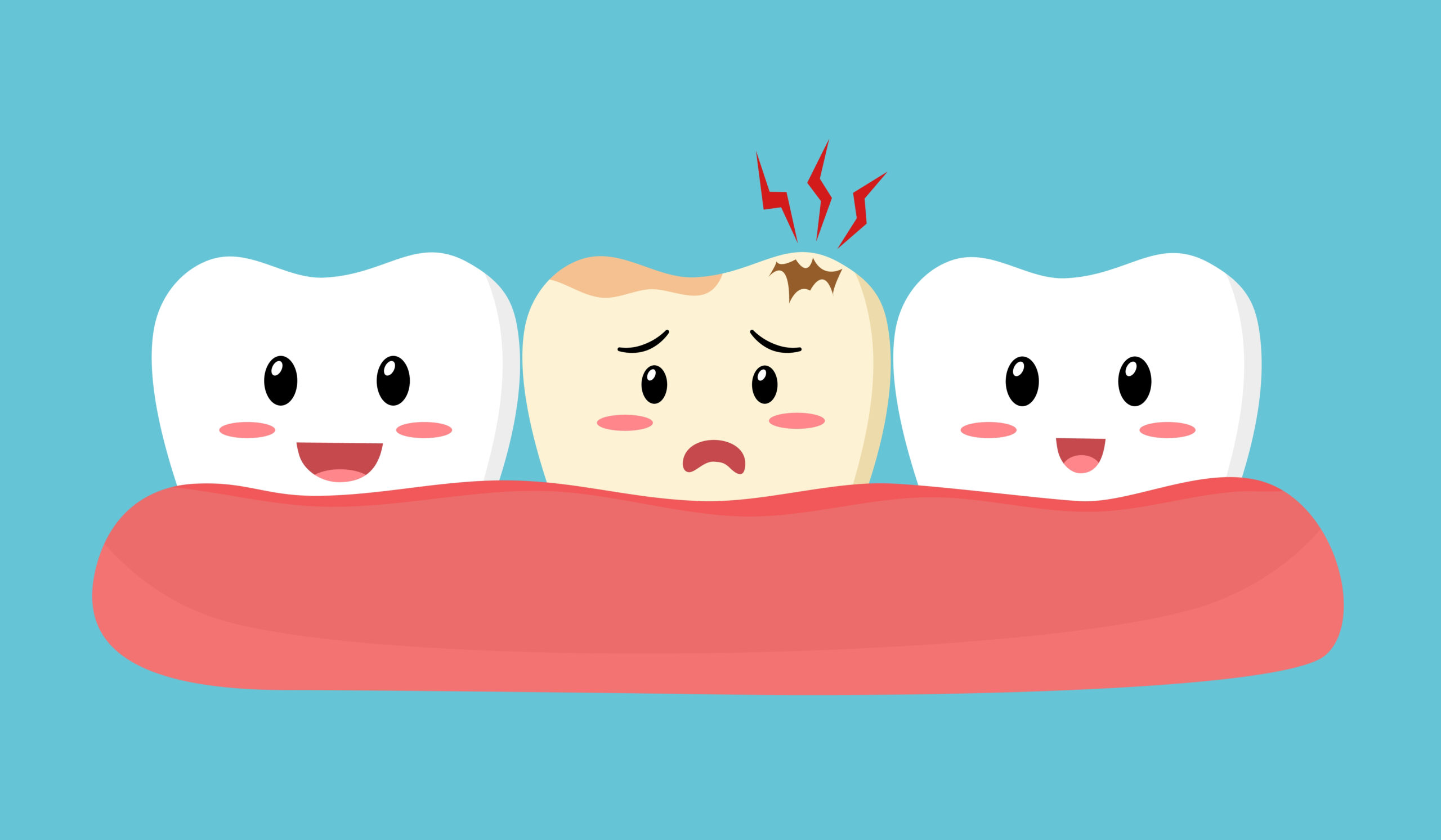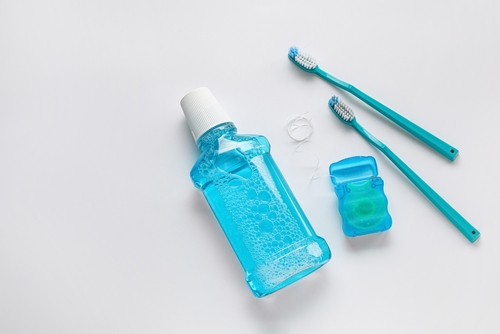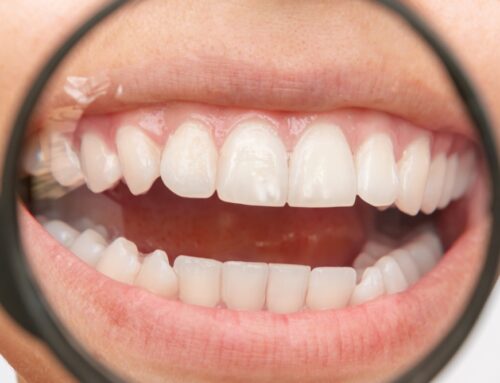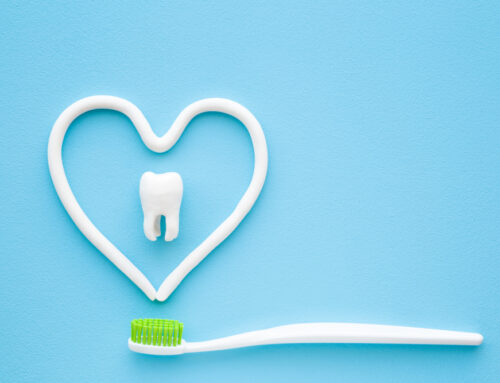Cavities Are Not Just For Kids | Adult Cavities & Reasons
When you think about cavities, you may think about sugary treats, sodas, and cereals. Foods that most likely caused that cavity you had when you were younger. But one day down the road, while at a routine dental check-up, your dentist tells you that you have two new cavities. Surprise! Cavities are not just kids’ stories meant to scare them away from indulging in too much sugar. A cavity can occur at almost any age.
According to the CDC, about 90% of adults aged 20 and older have had at least one cavity. Many of these occur well after childhood.
What Is A Cavity?
Let’s start with some basics. A cavity is generally a small hole on your tooth that has formed as a result of tooth decay. Although this hole starts out small, it can burrow down deeper if left untreated.
You may have heard this before, but bacteria, plaque, and sugars all have a large part to play in the development of tooth decay.
Everyone has some bacteria in their mouths on a daily basis. As we eat sugars and carbs, these sugars stick to our teeth. The bacteria then consume the sugars, producing a harmful acid that can wear down your teeth. As the acid burrows further through your enamel, it leaves behind a small hole. Left untreated, this tooth decay can dig far enough down that it eventually requires a root canal treatment.
Why Kids Get Cavities
There is a common misconception that cavities mainly occur in children. This is definitely not the case. Young children can, however, be slightly more prone to developing cavities. Here are a few common reasons why:
- Incorrect or infrequent brushing. Small children often haven’t developed the fine motor skills or knowledge needed to brush well. Learning how to brush thoroughly and correctly can take many years. Due to this, they may leave some small areas of plaque that can lead to cavities.
- Snacking. Whether it’s at home or at school, kids often love to snack throughout the day. Unfortunately, this can allow for sugars to stick around their teeth for many hours.
- Small teeth with lots of crevices. If you think back to when you were a child, you may remember that you had much smaller teeth. Along with their small size, children’s teeth also have lots of very small crevices that are hard to clean.
In order to help reduce your child’s likelihood of developing cavities, try to teach them good brushing habits. As they are growing, you may still occasionally have to brush their teeth for them, or do it together to show them the correct method.
Aside from this, though, it may also be a good idea to reduce your child’s snacking. Limiting food to larger meals can reduce the amount of time that bacteria have to munch on sugars in your mouth. As for drinks, try to encourage your child to stick with water and other low-sugar options. Remember, even fruit juice has lots of sugar. Just because something is natural doesn’t mean that it can’t have hidden sugars.
Cavities In Adults
As we mentioned above, aging does not allow us to outgrow cavities, though that would make life much easier. Without brushing and proper oral hygiene care, adults are just as prone to cavities as children.
The following are a few common causes of dental cavities (caries) in adults.
Weakened Fillings
While modern filling materials are much more durable than they used to be, they still require replacing eventually. Depending on the type of filling, it can last anywhere from 5 to 20 years. Regardless, however, it’s not uncommon for a filling to eventually crack or fall out.
If you notice a sudden hole appear in one of your teeth, don’t hesitate to get a check-up as soon as possible. If the seal on composite fillings or dental sealants cracks or weakens in general, plaque and tartar can accumulate and lead to further or new decay. That’s why it’s important that missing fillings are addressed right away. If your dentist recommends that you replace the filling, you will most likely get a choice of composite, ceramic, glass ionomer, or gold/silver fillings.
How To Take Care Of Fillings
Eventually, almost any filling will end up falling out. Having said that, you can extend the life of your filling by taking care of it correctly.
Here are a few great tips for taking care of your filling:
- Avoid biting down on unusually hard foods. Think things like jawbreakers, hard candy, etc…
- Avoid injuries to the tooth. Wear a mouthguard during contact-heavy sports, and never use your teeth to open something. Remember that your teeth are an extension of your health, so it’s important to take good care of them.
- Visit your dentist for dental check-ups regularly. Your dentist will be able to keep an eye on your current fillings and take care of new dental problems. Additionally, if you don’t notice a filling falling out, they might be able to spot the hole during your check-up.
Fun Fact: Dental filling procedures have been around for thousands of years! Ancient stone drills and beeswax filling were the way to cure dental caries in the past.
Diet Change
As we mentioned above, dental decay occurs when bacteria in the mouth consume sugars and produce harmful acids. This generally means that it’s best not to overindulge in sweets. Having said that, we know that life happens. Holidays, camping trips, and other life events can cause dramatic changes in our diet. A change in lifestyle can also alter our chances of going to the grocery store and cooking healthy meals. This is when processed foods and snacks become easier to grab and go, rather than eating a balanced diet. Next thing you know, all the sugar in the cereal bar that you love is coming back to haunt you in cavity form.
Hidden Sugar In Foods
The best thing you can do is focus on keeping up good habits. Remember that drinks have hidden sugars as well. As adults, we sometimes tend to sip on sweet lattes and other coffee drinks throughout the day. These can be particularly harmful because the liquid can remain on teeth for an extended period of time before brushing. Taffy, caramels, and other sticky candies are similar in this regard.
Last but not least, always remember to check nutrition information and read labels. Sugar might be hidden under names such as honey, liquid cane sugar, high-fructose corn syrup, and more. Some medications, vitamins, and supplements can also contain a small amount of sugar. Don’t forget to check the ingredients on those chewable tablets, cough drops, and gummy vitamins.
Receding Gums
The last thing that we want to talk about is receding gums. Receding gums often go hand-in-hand with bad oral hygiene habits and, therefore, cavities.
Here are some common reasons for receding gums:
- Brushing too hard.
- Periodontitis (aka gum disease).
- Smoking or use of other tobacco products.
- Crooked or misaligned teeth.
- Lip or tongue piercings.
According to the CDC, “about 2 in 3 (68%) adults aged 65 years or older have gum disease”. Although gum disease doesn’t necessarily cause cavities in and of itself, it can cause teeth to be exposed. This can increase your likelihood of developing other dental issues and can even lead to teeth falling out in severe cases.
To keep adult teeth healthy and prevent tooth decay, it’s important to take good care of your gums as well. For healthy gums, make sure to brush your teeth twice a day, floss, and avoid tobacco products.
Cavity Prevention
The basics of cavity prevention are good dental hygiene habits. Remember to brush, floss, and use a fluoride toothpaste if necessary. Additionally, don’t forget to go to all of your annual dental check-ups. If necessary, schedule your appointments in advance and set calendar reminders for yourself.
Knowing your body is helpful in many health aspects. If you notice tooth sensitivity or any tooth pain or ache when chewing or even resting, call the dentist. Take care of dental issues early on to prevent further damage in the future.
Adult Dentist in Tennessee
Your smile can brighten someone’s day, so why not keep it healthy along with the rest of your body? Request an appointment with us today, and together, we can prevent pesky cavities. Snodgrass-King offers adult dentistry services at multiple locations in Tennessee.
We offer great dental care for everyone, including kids. This way, you know all of your dentists and are able to rest easy with a team that you’re comfortable with. Our services include everything from cleanings and check-ups to fillings, crowns, extractions, and even teeth whitening.
Interested in booking your first appointment? Simply visit our website and hit the “Book Now” button to get started. Snodgrass-King Dental has offices all across Middle Tennessee, including Franklin, Spring Hill, Murfreesboro, and Mt. Juliet, TN.
Have questions before your appointment? Just give our closest office location a quick call. Our website also features a bunch of helpful articles and patient forms. Don’t forget to check everything out!








